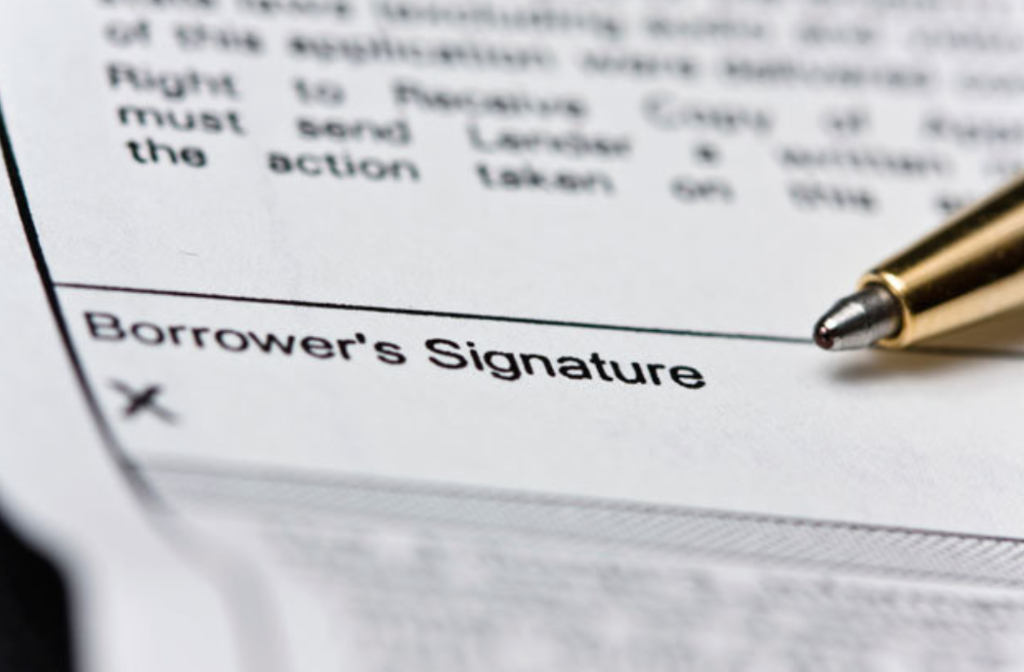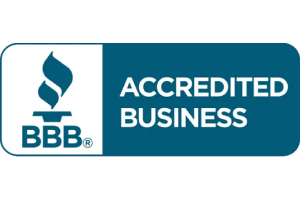
There are certain expectations and risks associated with being a co-signer on a loan. It’s important to weigh the consequences carefully before you sign by the proverbial “X.”
Guaranteeing the Debt
The first thing you should know about co-signing on a loan is that you are “guaranteeing the debt.” Simply put, if the borrower doesn’t pay the debt, you have to. Make sure you can afford to make payments or payoff the loan before you accept this responsibility. Keep in mind that this also means if there are any late fees or collection costs associated with the account, you’ll have to pay those too!
Equally Responsible for the Debt
The next point is that you are equally responsible for the debt. This means that the creditor can collect the debt from you without first attempting to collect the debt from the person you co-signed for. Depending on the laws in your state, this may not apply. If state law forbids a creditor from collecting from a co-signer without first trying to collect from the primary debtor, this statement may be omitted. Check your state law for additional co-signer rights. (Federal Trade Commission Consumer Information)
Furthermore, if the loan ever goes into default, the same collection methods can be used against you. Once you enter into the contract, the pay history will be reflected on your credit history as well. If legal action is taken, it could result in a judgement against you and your wages could be garnished. If you have pledged any of your property as collateral on the loan, you also risk the possibility of losing it.
You should also be aware that by co-signing on a loan it may prevent you from getting other credit because a creditor will consider the debt as your obligation and possible liability.
Protect Yourself
Now there may come a time when you want or need to co-sign on a loan for someone. If that time comes, ask the creditor to agree, in writing, to notify you if the borrower misses a payment or the terms of the loan change for any reason. Also make sure you get copies of all of the paperwork, such as the contract/note and the Truth-in- Lending Disclosure Statement. These documents have the particulars of the loan spelled out completely and have important information about the loan that you should know. Note: the creditor doesn’t have to give you these papers. You may have to get copies from the borrower.
If you know the risk and take precautions you will have a better chance of maintaining your financial well-being.




